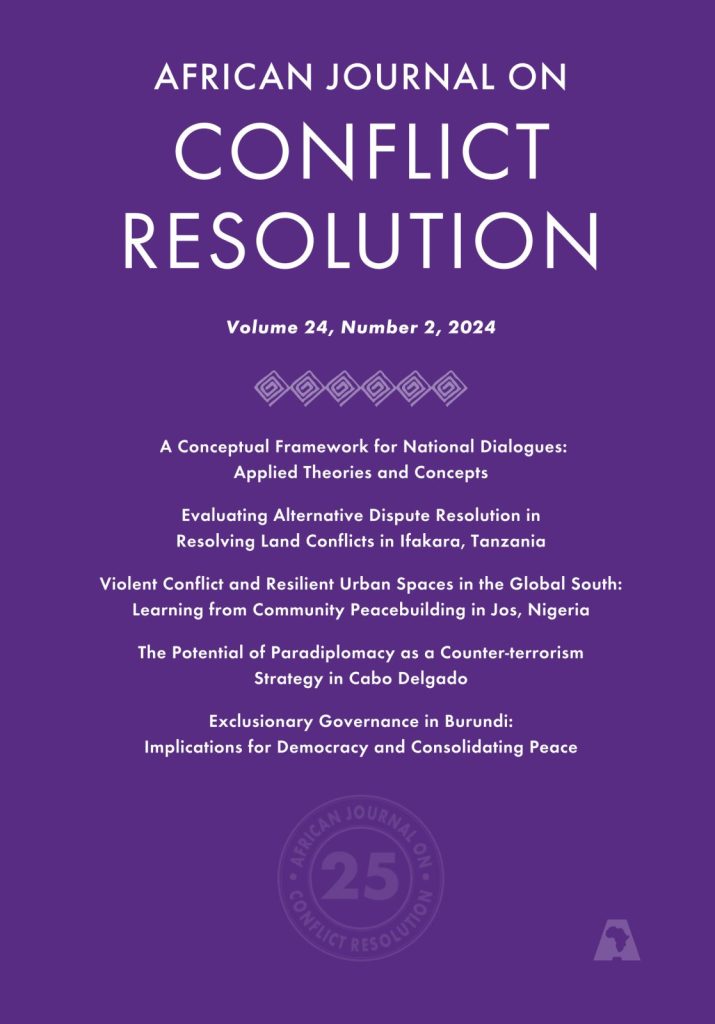
Violent Conflict and Resilient Urban Spaces in the Global South: Learning from Community Peacebuilding in Jos, Nigeria
This paper explores how city residents build resilience and prevent violent conflict in an urban setting.

This paper explores how city residents build resilience and prevent violent conflict in an urban setting.
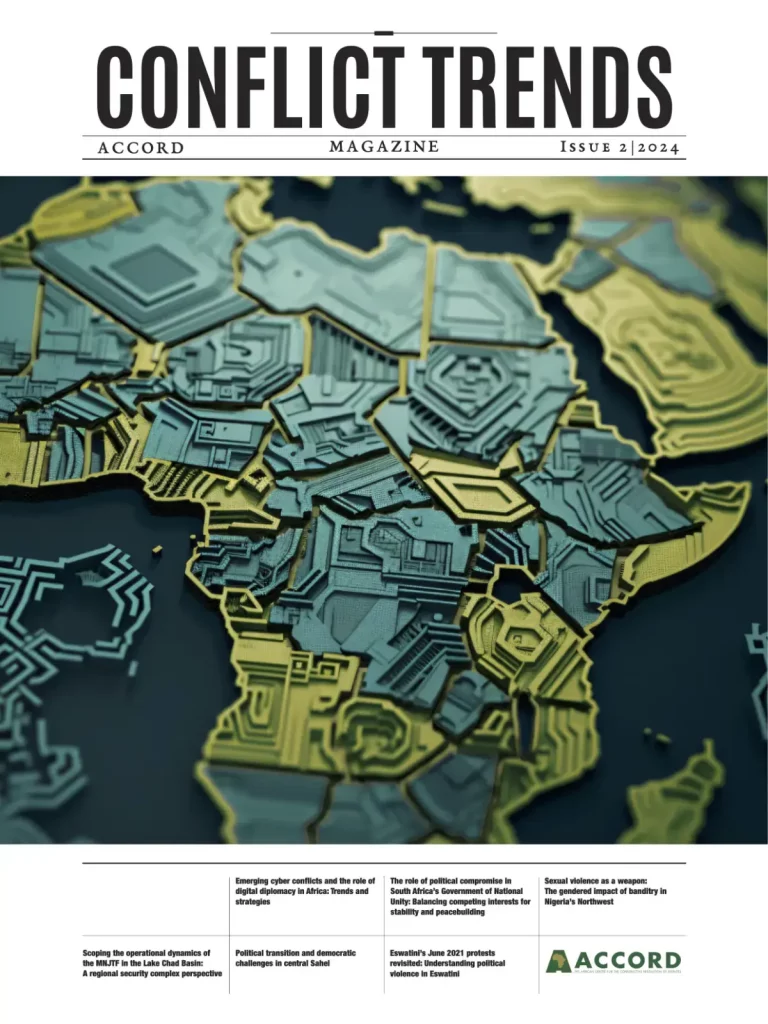
This edition of ACCORD’s Conflict Trends begins with an article by Abraham Ename Minko about one of the emerging challenges in Africa, which is cyber security. This article discusses how
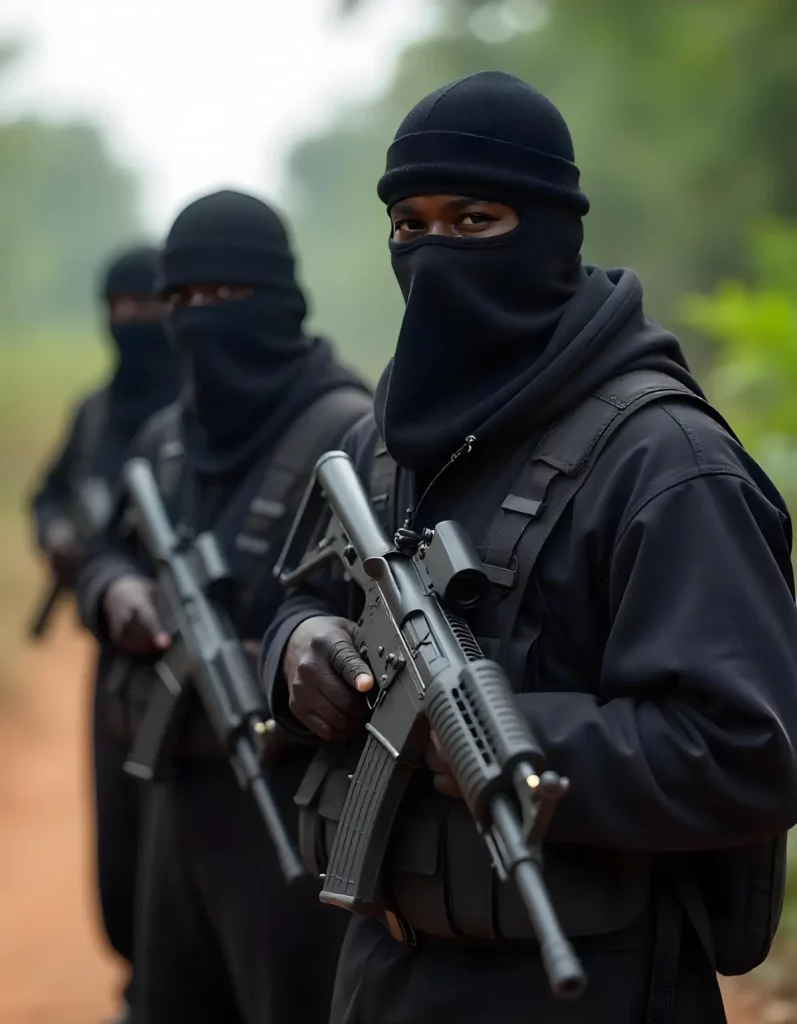
Armed banditry in Nigeria’s Northwest geopolitical zone is driving an unprecedented national humanitarian and security crisis
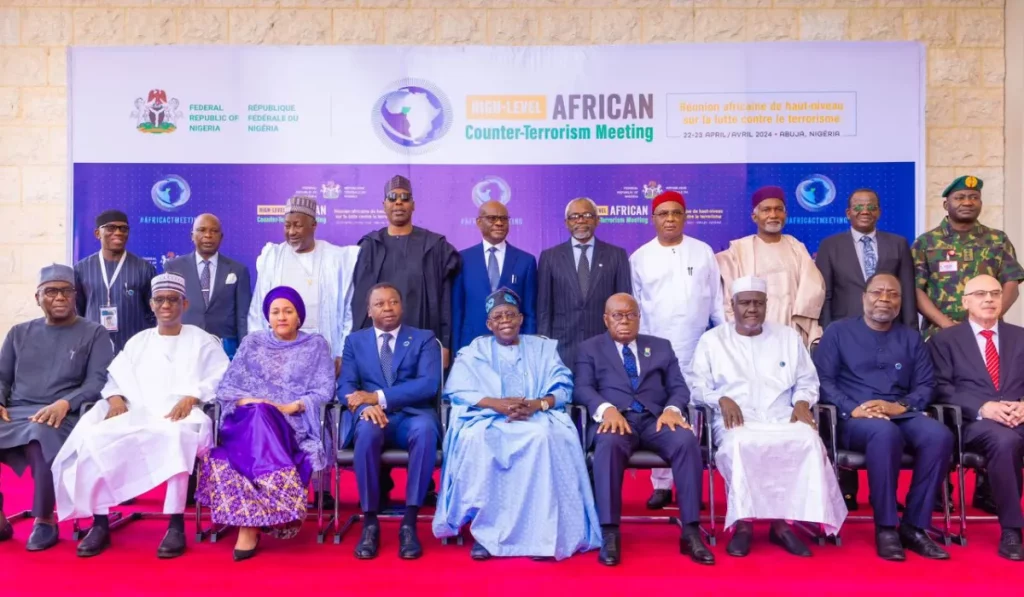
On 22-23 April 2024, the Government of the Federal Republic of Nigeria in partnership with the United Nations Office of Counter-Terrorism (UNOCT) hosted a High-Level meeting on ‘Strengthening Regional Cooperation
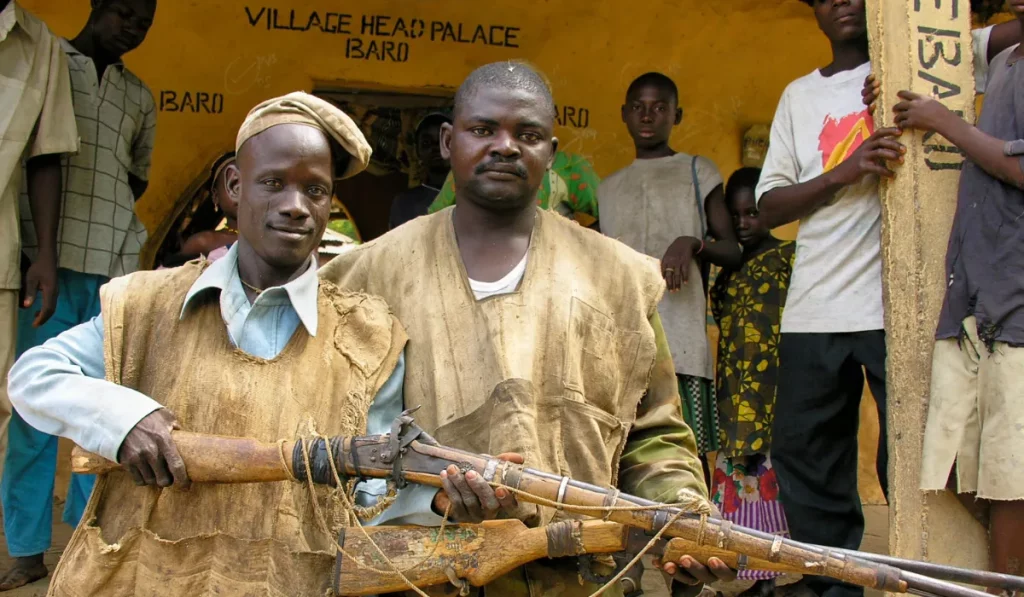
This article interrogates to what extent rural spaces are affected by criminal recruitment and the perpetuation of violent conflict and crime.

For the final Monitor of the year, we feature a piece from Madam Graça Machel, the Chair of ACCORD’s Board of Trustees, on intergenerational justice and human rights in a

Climate change is already compounding the level of competition for resources, resulting in conflicts in some parts of Nigeria such as in coastal communities.
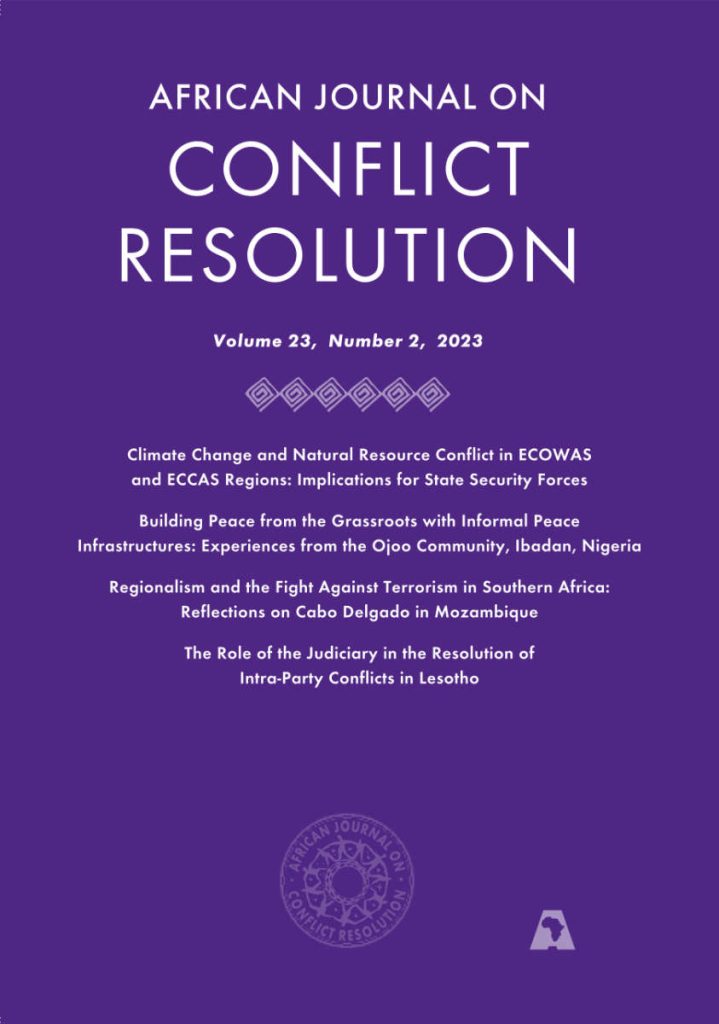
Abstract One of the greatest resources for promoting peacebuilding and sustaining peace in the long term is always rooted in people and their culture. Bearing this in mind is a
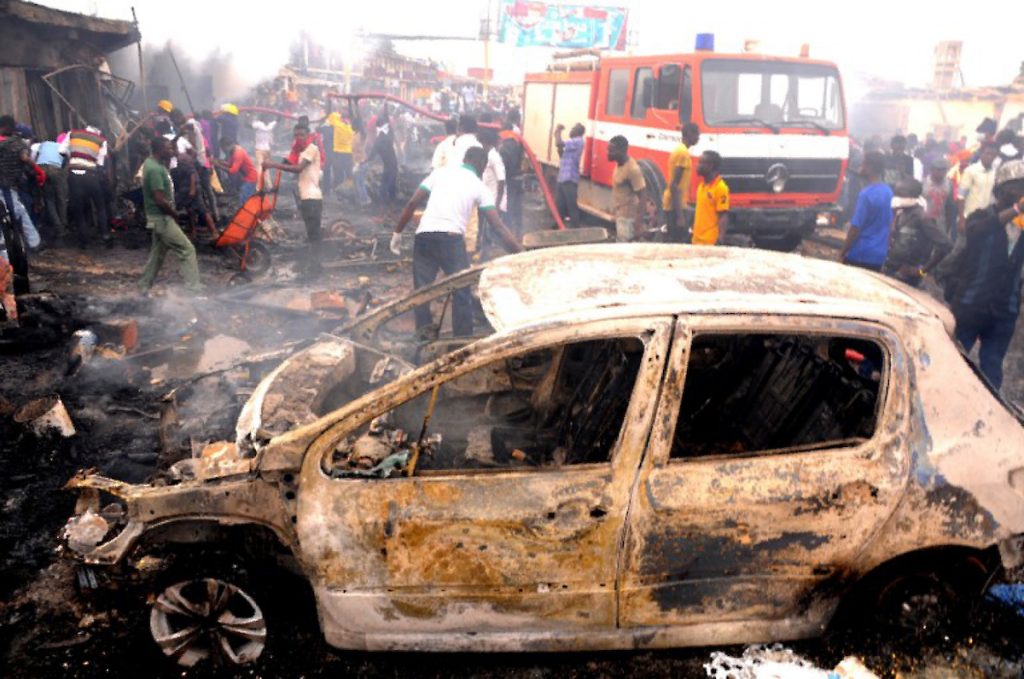
Because of the combined effects of the Boko Haram insurgency, banditry, kidnappings, separatist agitations, ethno-religious conflicts, and the farmer-herder crisis, the Nigerian military has been drafted to play a frontline role in quelling the multifarious security crises in the country.

Despite the attention garnered, banditry in Nigeria appears to be growing deadlier. These gangs, which initially only targeted rural areas, have significantly increased their operations to include major cities, interstates, and infrastructure.